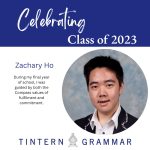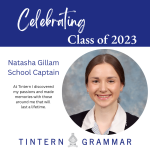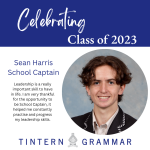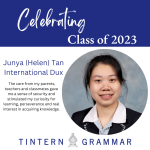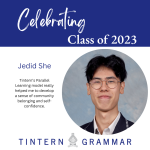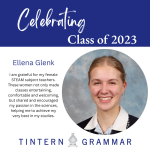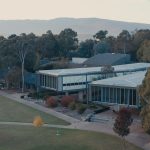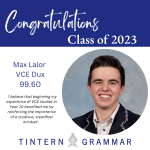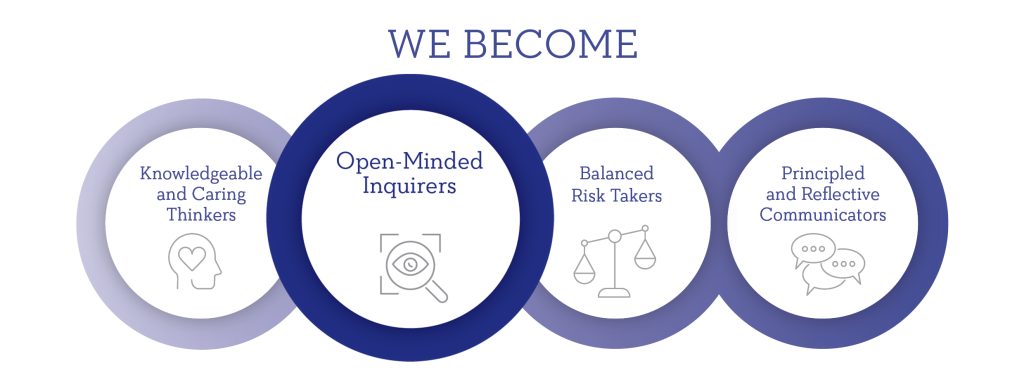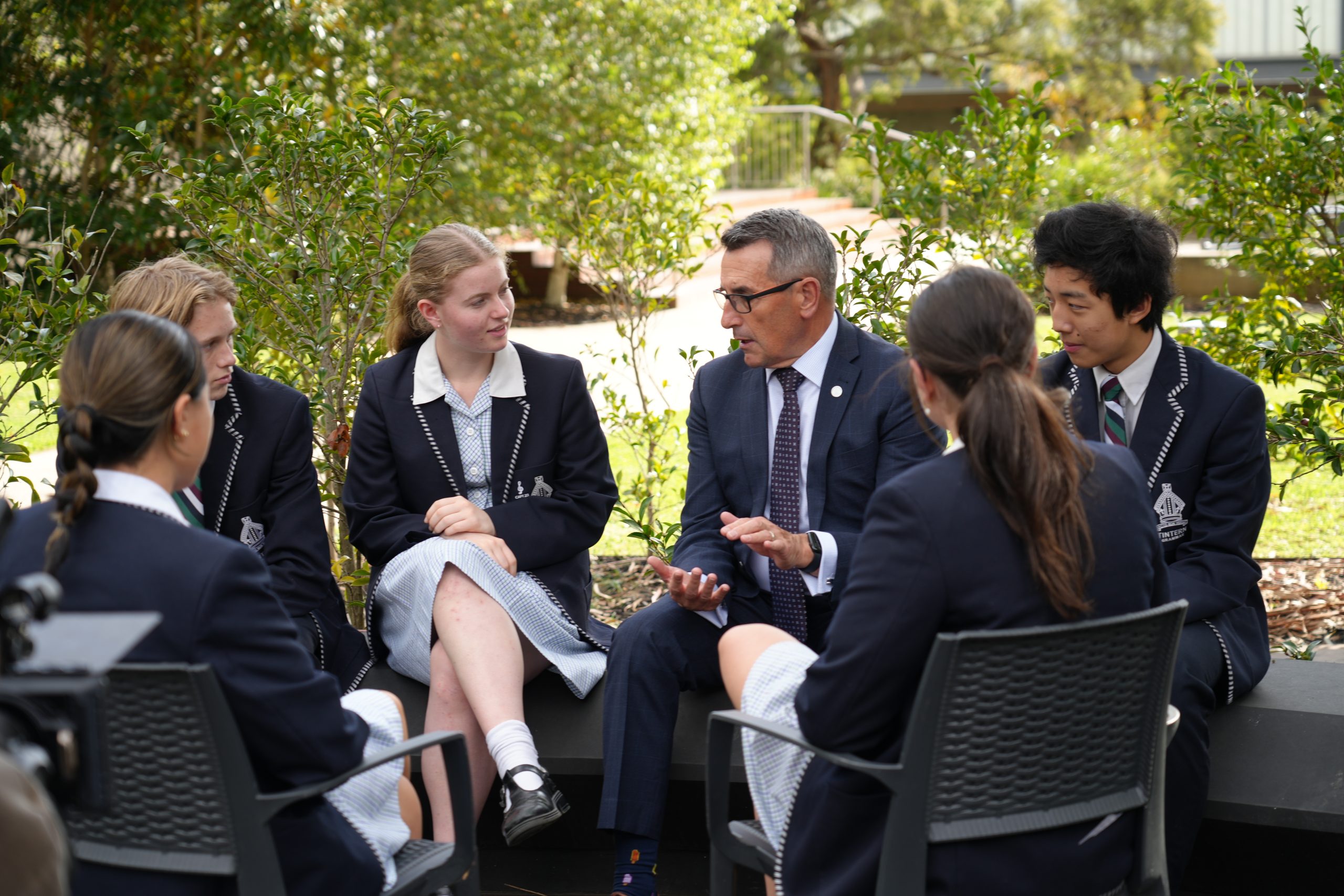
Open Minded Inquirers
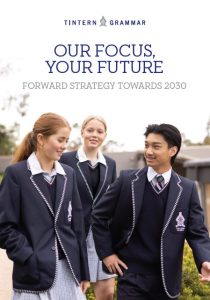
In this article I discuss the ‘Open-Minded Inquirer‘:
An open-minded inquirer is someone who is not only driven by curiosity and interest to gather knowledge, understanding and awareness (an inquirer), but does so without a fixed perspective or set view (open-minded). Such a learner will demonstrate a thirst for knowledge and understanding and do so without unconsciously forcing it to fit an established framework of thinking or perspective. They will be thinkers, readers, and listeners, constantly gathering new input and measuring it against previous input. They will use this to review and refine their views and their actions, and at times reconsider their beliefs or philosophies. They are the antithesis of a fixed set of world and personal views, but through their reflective self-belief, neither will they simply blow with the wind of fad or fashion. But then, why is this so important?
In the environment of continuous change that is our modern world, we all need to be able to learn, unlearn, and relearn. Looking ahead at the changes young people will experience and the compelling demand for problem-solvers and innovators, personal success is far more likely to be experienced by today’s young people if they can marry high quality personal and vocational inquiry and understanding, with adaptability and creative decision-making.
In thinking ahead to the world a 2023 Prep student will step out into in 2035, many of the tangible and specific requirements may not be yet known, but one thing can be said with certainty; it will be very different to the world that I entered post-school in the 1980s, and even different to the one that current Year 12 students will enter at the end of 2023. Even in the early 2020s we see patterns of work changing for young people. Increasingly young people are experiencing multiple careers, are making their own work as entrepreneurs, and are combining elements of traditional vocations into roles that did not previously exist. All of this in the context of a world in continuous flux.
We cannot educate for the specific capabilities of the future that we are not yet aware of, but we can educate for continuous and self-directed learning, and for an openness to possibilities. In doing so, we equip our leavers with the ability to navigate through both certain and uncertain times and to do so with both confidence and resilience born of their personal perspective and attributes. These will all not only contribute to individual success, but will also support a life of fulfilment beyond school and work.
factis non verbis
Bradley Fry | Principal
